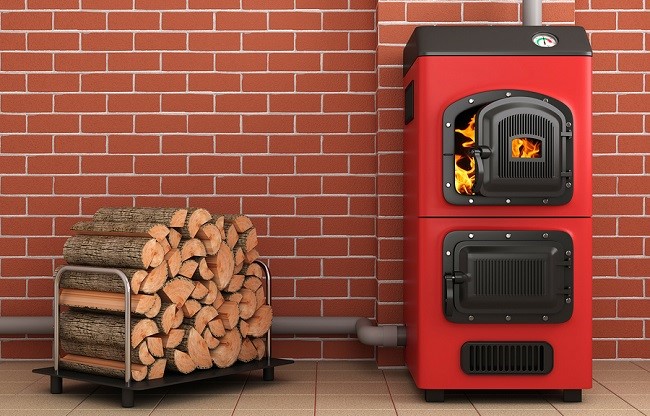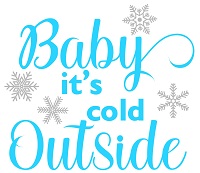When it comes to heating your home with a wood or pellet stove, it’s a good idea to make a comparison among the main types. Both wood and pellet stoves have pros and cons. Here are some of them:
Wood Stoves
Pros
- Wood is a renewable fuel. As trees are cut down, new ones grow. In fact, a lot of firewood comes from trees that have fallen for natural reasons.
- Your fuel can often be had for free, and is readily available if you need to purchase it.
- No electricity is required with a wood stove – at least not in theory. A good electric blower is a nice investment that will force the heat to circulate around the house, but it is not essential.
Cons
- Wood stoves can be labor-intensive. You have to cut, haul, and stack the firewood (or find someone else to do it). You have to carry the firewood in, make sure it stays dry, and actually build the fire (which can get frustrating). Then you have to feed the fire throughout the day and bank it at night. If a snowstorm is coming, you will have to anticipate it and gather your firewood beforehand to avoid going out into the inclement weather.
- Emissions are a concern with wood stoves. The smoke produced can be copious.
- Wood stoves are messy. You have to clean out the ashes periodically, and find a proper place to dispose of them. Carrying in wood and carrying out ash means there will be a lot of dirt on the floor.
- If you don’t already have a fireplace, purchasing and installing a wood stove can be expensive.
Pellet Stoves
Pros
- Cleaner burning is an advantage over wood stoves. The emissions are few, and the overall mess is reduced.
- Pellet stoves are convenient. They can be used in homes without fireplaces and chimneys, and you don’t have to tend a pellet stove like you do a wood-burning one.
- Pellets are cleaner to transport and place into the stove than wood logs.
- The pellets are made from waste materials that otherwise would not have a use.
Cons
- If you live in a mobile home, you will need to check with the U.S. Department of Housing and Urban Development (HUD) to make sure you have the correct model that is approved for use in mobile homes.
- You have to buy the pellets; there are no free, fallen “pellet trees” to cut up!
- They require electricity to operate. Some units do come with a battery back-up, or you can connect your pellet stove to a generator. But if you live in an area prone to heavy snows and power outages, this is certainly a consideration.
- The pellet stove itself can be expensive to buy.






